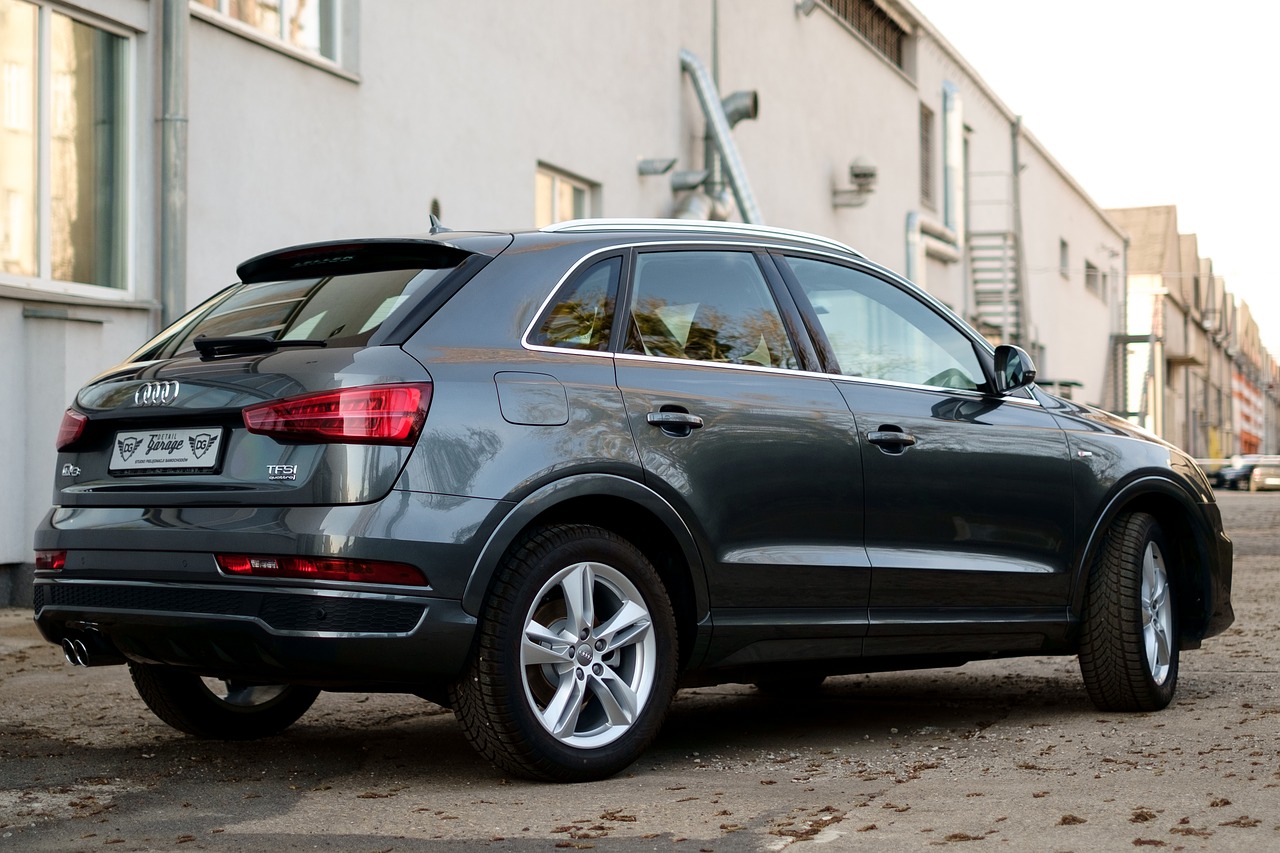
Depreciation is the erosion of value, and for us working stiffs, a thief of time. After three years of ownership, the average mid size sedan will have lost $7000 to $12000 in value. That's equivalent to $200 to $300 a month - just for the privilege of owning a new vehicle. Or put another way, that money is one nice vacation that you could be enjoying each year. I don't think depreciation is given enough attention in the car buying process, and that's a big part of why I created the Automobile Cost Calculator.
If you put new car purchasing through a serious financial analysis, you'll probably decide to skip the new car smell. A much better idea is investing that money into your retirement savings. Let's say a person buys a new car every 5 years between the ages of 30 and 60. That's seven new cars, or $70,000 in lost value through depreciation (ignoring inflation). If that money was instead invested in your 401k, assuming a modest 5% return, you'd be looking at $200k at retirement time. And while some people make enough money that 200k won't change their retirement outlook, for many folks that cash could be the difference between being able to retire and having to work until the very end. If you aren't currently saving significant amounts (10-20% income) for your retirement, don't buy new!
Sales Tax is ugly and is easy to overlook when it's just another invoice line item rolled into financed monthly payments. However, when you break down the costs of ownership, you realize that taxes form a big percentage of the costs of ownership for the first few years. This is one of many reasons you shouldn't wreck or sell your car for at least 3-5 years. When you buy a new car, you're taxed on the purchase price. You'll either see this in the invoice, or when you go to register your vehicle. If you let someone else eat the first few years of depreciation, you'll also avoid being taxed on the depreciation. That 3 year old mid size sedan I mentioned earlier? In my state that depreciation would be taxed an extra $500 compared to the most economical vehicles.
Insurance is an expense for everyone that wants to drive a car, but your rates can vary significantly depending on what and where you drive. Running a few vehicle quotes through my insurance provider I see that it would cost me an extra $550 a year to insure a brand new Honda Accord, when compared to the 10 year old model I currently drive. Driving an older vehicle means there is less incentive to get full coverage, which can save you even more money. Over a working person's lifetime, if these insurance savings were invested, you could be looking at an extra 100k in your retirement account.

Being Underwater is fun when it involves a snorkel and crystal clear tropical water, but is considerably less enjoyable when it involves a depreciating asset that can be challenging to sell. Being underwater (also known as negative equity) is when you owe more money on an asset than it is currently worth. Because new cars lose 25-35% of their value after two years, it's easy to be underwater if you make a small down payment or have a long loan term. This may not be an issue if you budgeted well and have a reliable source of income; it's common to have negative equity in years 1 and 2 of a loan. But financial forums are full of people who lost their income source and found themselves unable to make their monthly payments, and when they go to sell or trade in their expensive newer vehicle, find that they owe more than the vehicle is worth. This is a very difficult situation, and it often leads to the buyer taking a big loss on a trade-in to buy another cheaper used vehicle, and rolling over the negative equity into a new loan with a slightly reduced monthly payment. The buyer gets dinged again with sales tax and the dealer fees, which just makes the hole deeper and deeper. So beware.
Guidelines vary across the web, but in my opinion if you can't afford a 33% down payment with monthly payments of 10% or less of your monthly take home, you can't afford the car. Even then, you're better off buying used.